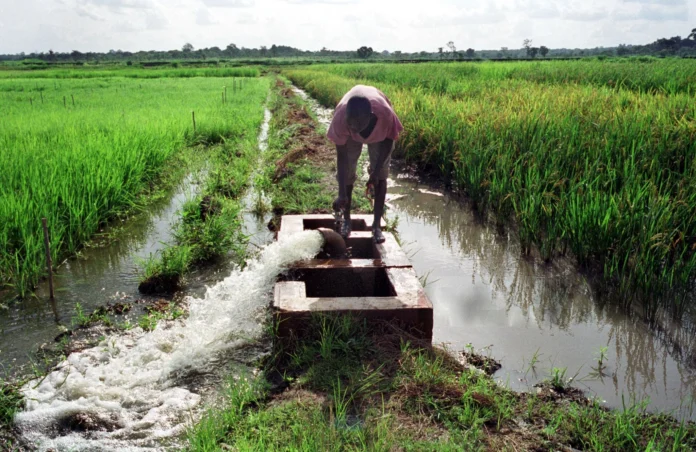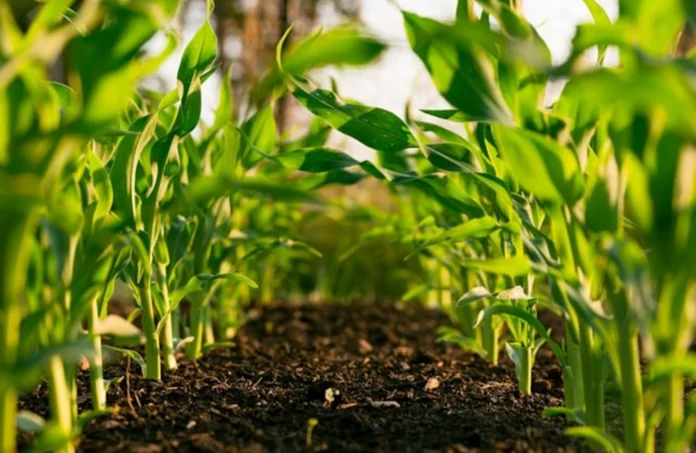Arabfields, Nairobi, Kenya — In a move aimed at addressing growing discontent in the country’s vital tea sector, the Kenyan government has ordered a comprehensive audit of loans taken by tea factories under the management of the Kenya Tea Development Agency (KTDA). The directive comes in response to widespread complaints from small-scale tea farmers who have decried significantly reduced bonus payments for the 2024-2025 financial year, attributing the shortfall to alleged mismanagement and external economic pressures.
The audit, announced by Principal Secretary for Agriculture Dr. Kipronoh Ronoh, will be conducted through the Tea Board of Kenya and is expected to scrutinize the total amounts borrowed by each factory, the utilization of funds, loan terms and conditions, and outstanding balances. The report is due within 14 days, with findings intended to guide reforms in the tea sub-sector. This follows similar announcements earlier in October, emphasizing the government’s commitment to transparency and protecting farmers’ interests.
Farmers’ grievances center on bonus payouts that have plummeted compared to the previous year. In regions like Kiambu, earnings per kilogram of made tea dropped from Sh317 to Sh371 (a decrease of Sh46), while Murang’a saw a fall from Sh418 to Sh376 (down Sh42). Similar declines were reported in Nyeri (Sh430 to Sh388), Kirinyaga (Sh438 to Sh400), Embu (Sh438 to Sh404), and Meru (Sh427 to Sh381). These reductions have left over 680,000 small-scale growers struggling, with some factories paying as low as Sh33.58 per kilo in total for the year, though the ministry clarified that claims of Sh10 per kilo represent only partial payments.
KTDA has attributed the lower bonuses to global market dynamics, including a weakened Kenyan shilling against the US dollar, averaging Sh144 in 2024 and trading at Sh129 in 2025, which diminished returns from stable international tea prices. Additionally, the government’s removal of reserve market prices at the Mombasa Tea Auction in August 2024, dropping from $2.4 to $1.4 per kilogram, has been cited as a key factor making it hard for factories to break even. KTDA Chairman Chege Kirundi emphasized that these issues are beyond the agency’s control, while directors like John Mithamo Wa Susana and Philip Langat pointed to political instability in traditional markets as further complications.
However, government officials have placed blame squarely on KTDA leadership. Dr. Ronoh accused directors of nepotism, employing relatives and friends, which has bloated payrolls and increased operational costs at farmers’ expense. He highlighted excessive meetings, up to 165 per year in some West Rift factories, solely to claim allowances, and vowed to replace underperforming directors if tea prices aren’t raised by at least Sh30 per kilogram without valid reasons. Furthermore, 18 officers at KTDA subsidiary Chai Trading were dismissed for fraudulent activities, with Ronoh suggesting similar probes into other entities.
In response to the outcry, the government has ruled out disbanding KTDA, opting instead for restructuring its governance and operations to rebuild trust. Key measures include stricter oversight on expenditures, a national tea conference within two weeks to gather stakeholder input, and the release of Sh2.7 billion recovered from collapsed banks to farmers by mid-October. Additional support encompasses a Sh3.7 billion modernization fund for factory upgrades, fertilizer subsidies reduced to Sh2,500 per bag, a Sh2 billion refund on prior costs, and tax removals on tea packaging. Efforts to expand markets in China, Europe, Iran, and the US, alongside granting autonomy to satellite factories and promoting direct sales via pending legislative reforms, aim to boost prices and efficiency.
KTDA has also implemented internal cost-cutting, suspending staff travel and training amid the bonus controversy. The agency has appealed for calm, urging stakeholders not to politicize the sector.
As the audit unfolds, farmers remain hopeful for accountability and improved earnings. Dr. Ronoh urged patience, promising legal action against any misuse of funds and a restructured tea value chain for greater transparency. With Kenya’s tea industry contributing significantly to the economy, the outcome could reshape governance in one of Africa’s largest tea-producing nations.












